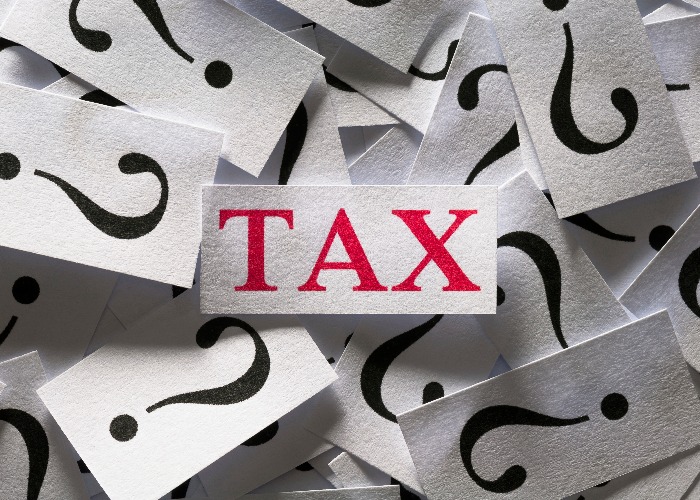Tax refund 'absurdity' as pensioners overcharged £305m by HMRC

Since pension freedoms in 2015, pensioners have overpaid £305m in tax thanks to an “absurd” tax system where tax is routinely wrongly collected and then repaid.
Since the introduction of pension freedoms in 2015 huge numbers of pension savers have overpaid £300m in tax, new figures from HMRC have shown.
In the first quarter of 2018 alone more than £22m has been refunded to pensions when too much tax had been collected in error when people made withdrawals from their pension pots.
“These quarterly figures are a regular reminder of the absurd way in which pension withdrawals are taxed,” says Steve Webb, director of policy at Royal London.
“HMRC is perfectly happy to over-tax tens of thousands of people each year and make them jump through hoops, having to choose between three different forms to complete and then wait to get their money back.
“This is a system run for the convenience of HMRC, not the taxpayer.”
Why is so much extra tax being taken?
The pension freedoms mean that once you are over 55 you can withdraw money from your pension pot to spend on whatever you like.
You can either do this by taking an ‘uncrystallised fund pension lump sum’ where 25% is tax-free and income tax is levied on the rest. Alternatively, you can take a lump sum from flexi-access drawdown where the first 25% is tax-free and the rest is subject to income tax.
How to draw an income from your pension
The tax owed is deducted by your pension company before it pays you the withdrawal. The problem is your pension provider usually uses an ‘emergency rate’ to calculate how much tax you owe on the withdrawal because it doesn’t have access to information such as your tax code or details of other incomes you may have, so doesn’t know what income tax rate you should be paying on the withdrawal.
This means you could pay far more tax than you would if your pension provider had an accurate tax code for you, showing it exactly what income tax rate you should be paying.
“This is a system run for the convenience of HMRC, not the taxpayer,” says Webb. “It is time to move to a simple system where basic rate tax is withdrawn at source and any adjustment is made through end-year tax returns.”
HMRC has refunded £305m
This convoluted overpay and reclaim tax system has led to HMRC refunding around £305m in overpaid tax from pension savings since April 2015, according to Which?.
In the first quarter of 2018, over 10,000 people reclaimed tax, with an average payout of £2,400.
In total 116,784 people have been paid a refund for overpaid pension tax in the last three years.
Five things to consider before you dip into your pension
How to make a claim
If you think you’ve overpaid tax on a pension withdrawal, then you need to fill out one of three forms to claim your refund.
Anyone who hasn’t withdrawn their entire pension pot, and are not taking regular payments from their pot, should fill out a P55 form.
If you’ve withdrawn your entire pension pot and also receive taxable income from another source you need a P53Z form.
Finally, those people who are using drawdown from their entire pension pot and have no other taxable income should fill out form P50Z.
You can find all three forms on HMRC’s claim a tax refund web page.
You can find out more in our guide to claiming a pension tax refund.
Comments
Be the first to comment
Do you want to comment on this article? You need to be signed in for this feature